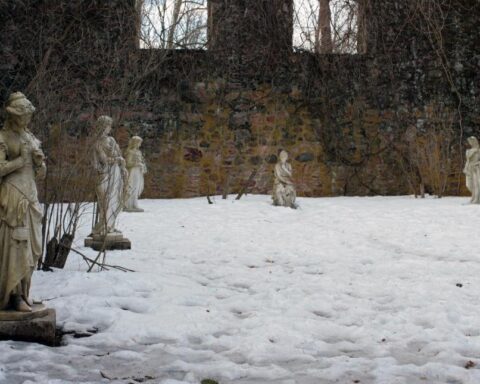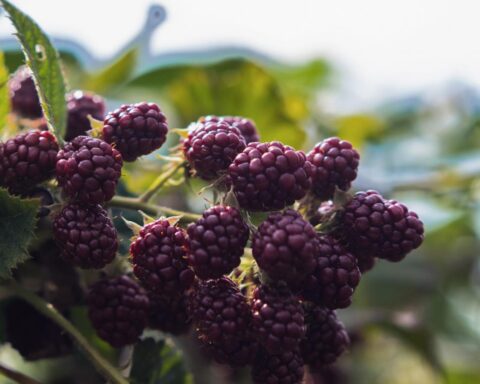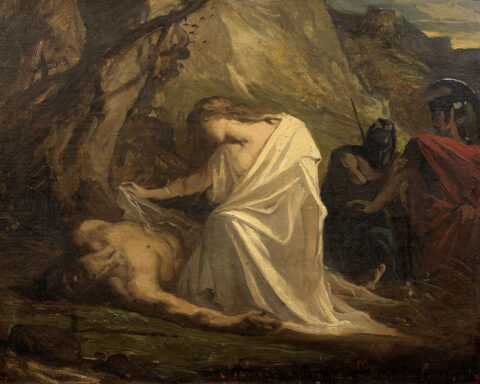As a poet, my first purpose is to be a human being, followed closely by the need to notice the details of life. Such “noticing” means I live in a constant state of awareness that to some are considered distractions. Many people ask why I do not drive. The answer is I do not drive because I notice too many things – the slant angle of the sun over a farm field on an autumn evening, the sap trickly down the trucks of maple trees in spring, the way cattle face the same direction before a storm – are what I see when I have attempted to drive a car. The only thing a driver is permitted to notice is the road ahead. My concentration turns inward. That’s only part of the problem
In addition to noticing things, my mind continually asks, “what does this have to do with the human condition.” To see something is to listen to what it says, and what it says are usually two questions: “do you consider this important, and does it speak to who you are or what you feel?” All too often, poets write about what they see but forget they are connected to the experience because they are part of the same world. Aristotle in his famous rhetorical triangle described how when we hear or feel something we take it personally (and as a poet I realize I am thin-skinned) and called it ‘pathos.’
I never go anywhere without several fountain pens (in case the ink runs dry) and my hardback notebook. The Canadian/Irish/Mexican poet, Colin Carberry, took a photo of me the afternoon he drove out from Linares to a river in the nearby hamlet of Hualahuises. I am sitting on a rock. On the other side of the river where the other poets were swimming, was an old, thin, white horse that reminded me of Costa Gravas’ motif for Pancho Villa. That was the perfect Mexican moment for me. I did not notice, however, I was sitting beside a nest of fire ants that led to a few imperfect moments later.
The joy of being a poet is to recognize how things are connected. How is one thing like another? My professor, Northrop Frye, said all thought is interconnected. My addendum to that is that all things are interconnected. One thing reminds me of another. I experience synesthesia, an oddity of the mind that can drive a person mad or, in my case, fill me with tremendous joy. I am certain poets such as John Donne experienced it. In one of his poems, two people are lying in bed together and their bodies remind him of a mathematical compass. Part of the wonder of the world is how one thing reminds me of something else. Similitude. Metaphor. The associations that comprise memory. Freud said all thought is metaphor.
I want to honor the language and the memories contained in words. I love to explore odd facts or stories and I feel I have a duty to make sure they are passed on to others now and in the future. Part of my love of words hinges on my love of working within limitations in language. There are experiences, feelings, and things that cannot be put into words. A poet must see something or remember how it looks in order to write about them. I love looking at things (and I recall Rilke telling a young poet to write about things). If I cannot describe something I fall back on the idea of being reminded of things. Similitude, after all, was the language of love in the Song of Solomon.
I feel blessed to have a photographic memory so the small but articulate details of experiences from years ago such as the way my grandfather walked along a beach as we gathered shells together, or the scent of my grandmother’s kitchen after she baked cookies, and every drawer and cupboard in their house each holding different items and contain different fragrances lives in my mind even though they and their house have been gone for sixty years. The simple truth is that poets remember. The sad part is that as a poet I cannot forget though that, too, is fair game for the page.
Samuel Johnson in his short novel, Rasselas: A Prince of Abyssinia, says that a poet does two things. He or she remembers while attempting the catalog the world and their experience in such a way they create a record not merely of their lives or their times but the human condition. I doubt I will ever run out of things to say because I never run out of words or feelings. To live in this age, a poet is asked to change the world. I doubt I can do that. I can describe what I might do differently but I am just one voice speaking to whoever may listen now of a hundred years from now. The world changes if we show what it could be if words were actual deeds,
There are things about the world I would not change and they far outnumber the things that should be changed – my daughter’s expression when she makes a discovery, my wife’s smile, my dog’s nose against my cheek. Those experiences are what I value and I write to preserve them. I want to hear what my life and my world are trying to tell me. I am not sure if I can “set the world singing,” as Seamus Heaney said was his purpose as a poet but I can write about what things tell me before they are lost in the abyss of time.
I do not believe in writer’s block because there is so much to notice, remember, compare, and feel about our lives. Depth of feeling is inexhaustible. I am drawn to the simple things to understand their complexity because they remind of what I desire to know, preserve, and share with others. The world teaches me about love, and every morning when I open my eyes I feel I must put the language to its best use so my purpose is to discover more about what I love, try to learn to love more deeply, and give voice to the truth of what I know even if the truth is painful. The joys outweigh the pain as long as I am willing to embrace them.
I see my position as an obligation or a pledge every human must make regardless of the circumstances of life. If everyone could be a poet, such a thought would not be daft optimism. To be alive, the world asks me to listen and care about what I hear. To be a poet is to enter a much larger conversation beyond the restrictions of time, place, and oppression so life can be an open dialogue between the self, the soul, and the world. Language holds the spirit of something indescribable and beyond compare far greater than ourselves and it waits on the tip of my tongue or the nib of my pen to be celebrated and preserved.



